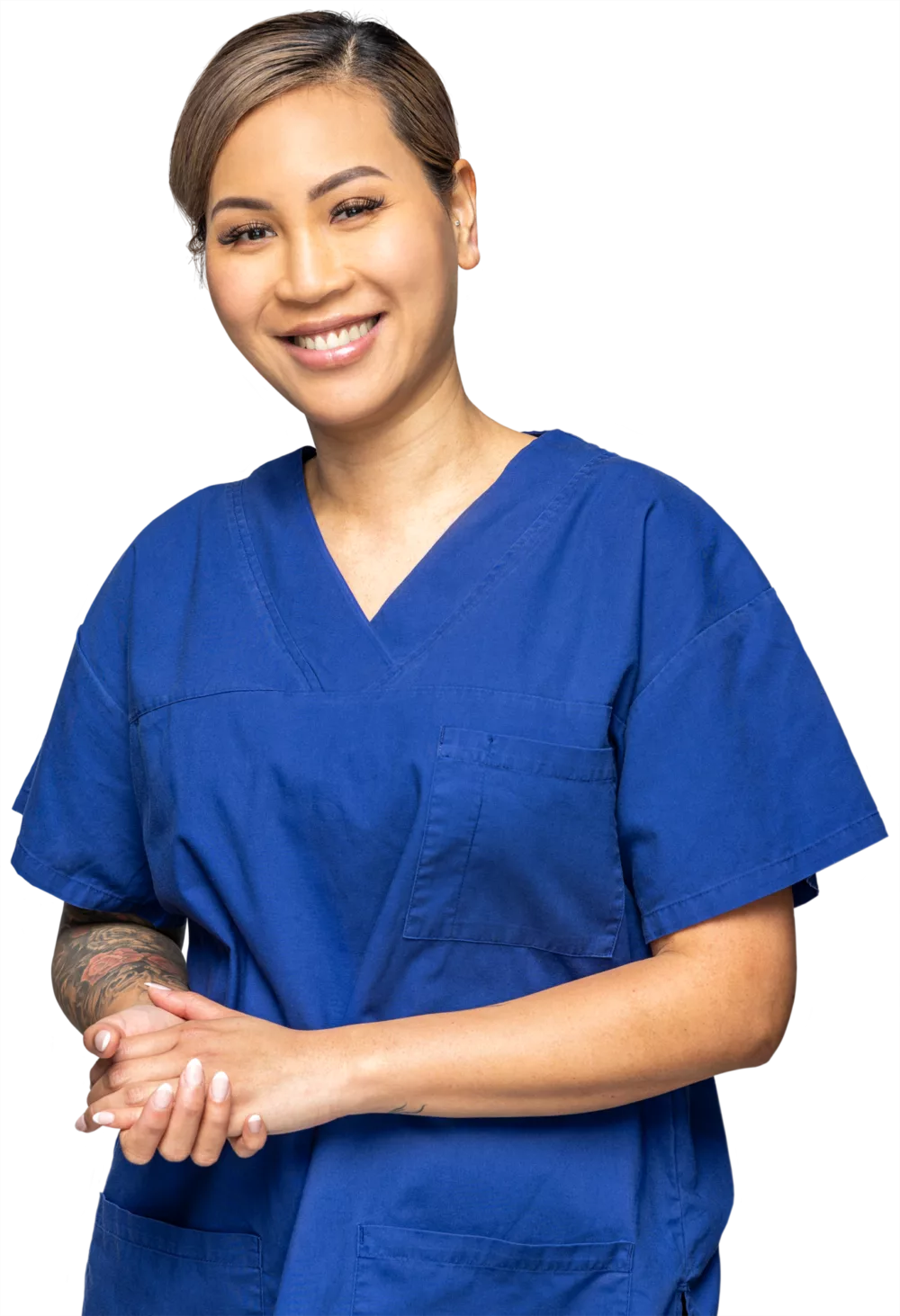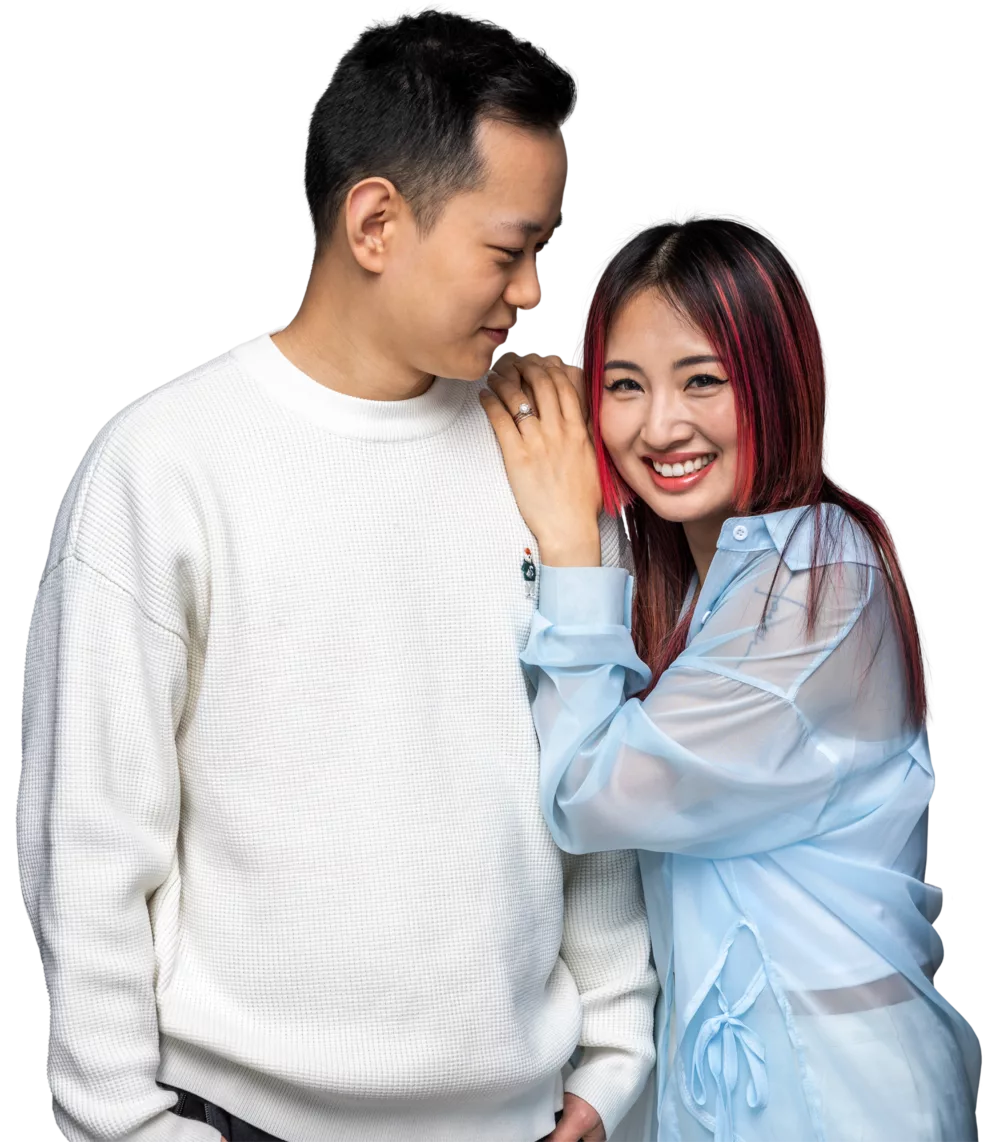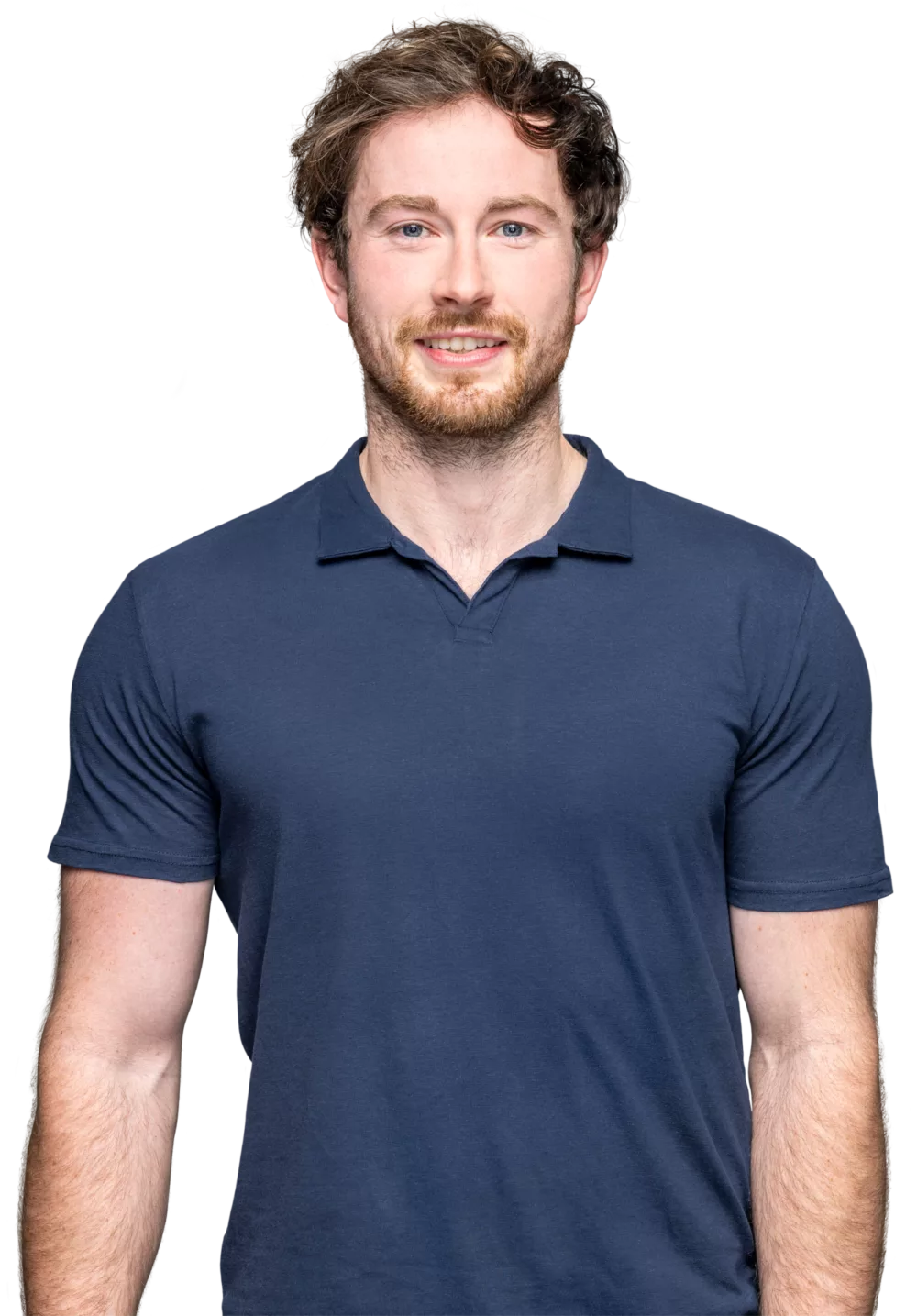Frequently asked questions
Who needs egg donors?
Donor eggs can help women with early menopause, women who no longer have viable eggs of their own because of their age, and women who have not become pregnant after many IVF cycles.
Who are egg donors?
They are often a family member or friend, but there are also women in the community who are motivated to give the ultimate gift to help a women who is hopeful to become a mum.
We appreciate our donors and believe in the significance of their gift to our recipients. However, by law we are only able to reimburse donors to cover basic expenses.
To simplify the process, and to recognise their significant contribution of time and effort, Fertility Associates has introduced a set donor reimbursement that is passed directly on to the egg donor. The new amount has been set to help ensure our donors are compensated appropriately after their very generous donation. You can find the current fee under donor fees on our fees list here.
Who makes a good egg donor?
If you are interested in becoming an egg donor you need to be aged between 20- 36 years, be a non-smoker and have no significant health issues. Our video outlines more on this.
How does egg donation work?
Egg donors need to complete a work up process that takes approximately three months and includes blood tests, counselling and talking with our medical staff about an IVF cycle. The woman who is donating her eggs then starts an IVF cycle and the eggs are collected as part of a small surgical procedure. The eggs are then put with the recipient partner’s sperm to try and create embryos for future use by the recipient couple or for fresh replacement at the same time.
How does all of the legal stuff work?
The Status of Children Amendment Act of 1987 recognises the social mother, (the woman who receives the eggs and gives birth), as the legal mother of the child. The egg donor does not have any legal rights or liabilities.
Can I donate confidentially?
All our files are confidential and no information will be released without your consent. You will have the opportunity to review the recipient couple’s profile and possibly meet them if both parties agree.
Most couples plan to tell their child of his or her origins so we ask each donor to complete a questionnaire, which contains non-identifying information such as your interests and how you would describe yourself. This is passed on to the couple if they request it or to the child if he or she requests it.
Will I be contacted by future offspring?
All donors are asked to be identifiable to children born from the use of their eggs. This means that you would be willing to be contacted by the clinic to disclose further information or to consider disclosing your identity. The request for contact may be from either the children born or their parents.
The practice of egg donation is governed by the Human Assisted Reproductive Technology (HART) Act 2004. An important principle of the Act is that offspring conceived through the use of donor sperm or donor eggs should be made aware by their parents of their genetic origins, and be able to secure information about the donor and his or her identity.
Do I have to tell my partner if I donate my eggs?
We feel it is very important if you have a husband or partner, that they know all about the issues involved with donating eggs. He or she is also asked to sign the consent form to say they are aware and informed of the donor process. Our donor coordinators, doctors and counsellors are very happy to talk to both donors and their partners on any issue. The clinic offers independent counsellors whose job is to help people make decisions and explore the implications of egg donation.
Can I be an egg donor if I have a pre-existing condition?
This can be a difficult area. We do not restrict personal egg donors as we do for clinic recruited donors, where the choice is with the potential recipient unless we fee the condition would have a significant impact on the child.
For clinic-recruited donors world-wide, there is expectation that people who have genetic or heath risks above a certain threshold should not donate, and NZ regulations also require clinics to have policies and procedures for donor eligibility. The threshold depends on the chance of inheriting the condition and the potential impact of the condition. Please feel free to include your condition details in the criteria form.
Ready to start your fertility journey?
Book a free 20 minute phone consultation with one of our expert fertility nurses.
Book now



